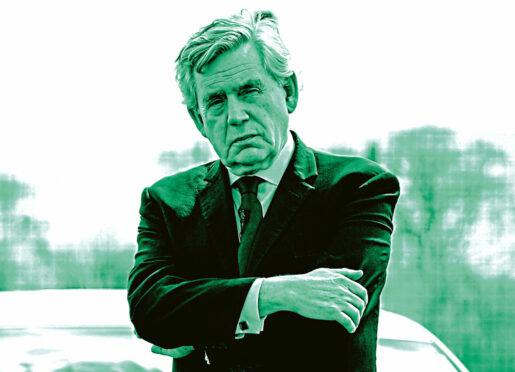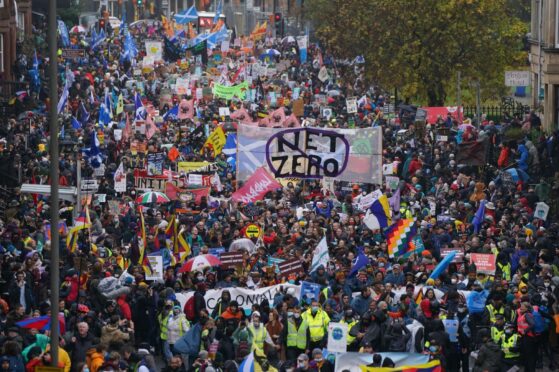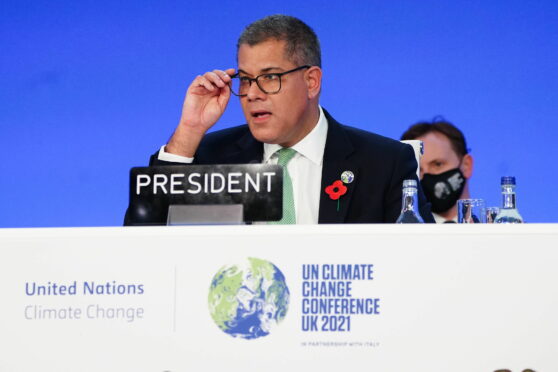
Nicholas Major is at the forefront of Scotland’s efforts to transform its construction industry from one of the country’s highest polluters to one that is energy-efficient and cost-effective, but this career path was not always on the cards.
When he went to university, he initially wanted to join the motor industry.
He said: “It’s quite a different scene from where I am currently working. One summer, I was doing research and looking at sustainable buildings. I came across a paper that showed the extent of how much we need to change. It’s not just a small change, we need to drastically reduce the amount of energy we use. That got the cogs turning and that working on cars was not the best thing to do.”
Major is now innovation director at White Hill Design Studio, an award-winning architectural design consultancy that specialises in sustainable design. The homes he helps create allow owners to embark on climate activism for the comfort of their own homes.
He said: “I would always say the greenest unit of energy is always one you don’t use. So, rather than looking at producing renewable energy through something like solar panels, which can be expensive and sometimes doesn’t work as well, look instead at how energy is used in the home.
“We specialise in PassivHaus, which is the world’s leading low-energy design system. The buildings are designed so well you don’t need traditional heating systems. Instead, you have a ventilation system and low-level heating, because the building is insulated so well it regulates itself.”
Major realises it is not possible for everyone to commission a new green-build for themselves, and said he thinks politicians and decision-makers have to bridge the gap. “People who live in fuel poverty do not have the option to choose to make eco-friendly decisions in their home. It comes down to policy-makers and landlords.”
Major is also a volunteer at the 2050 Climate Group, which helps young people take action against the climate crisis. He believes a shift towards greener living practices will cause a shift for a better quality of life. He said: “It really matters what we value. Perhaps having fewer things is more important. It means you can spend more time with a family and have a better relationship with friends, rather than being busy all the time to have lots of money and not being able to enjoy life.
“If people were happier they would need to buy less stuff. If we don’t buy as much stuff we don’t consume as much. So, if we don’t consume as much then our carbon emissions and waste goes down. Everything is definitely interconnected.”
Nicholas Major is innovation director at White Hill Design Studio

Enjoy the convenience of having The Sunday Post delivered as a digital ePaper straight to your smartphone, tablet or computer.
Subscribe for only £5.49 a month and enjoy all the benefits of the printed paper as a digital replica.
Subscribe




